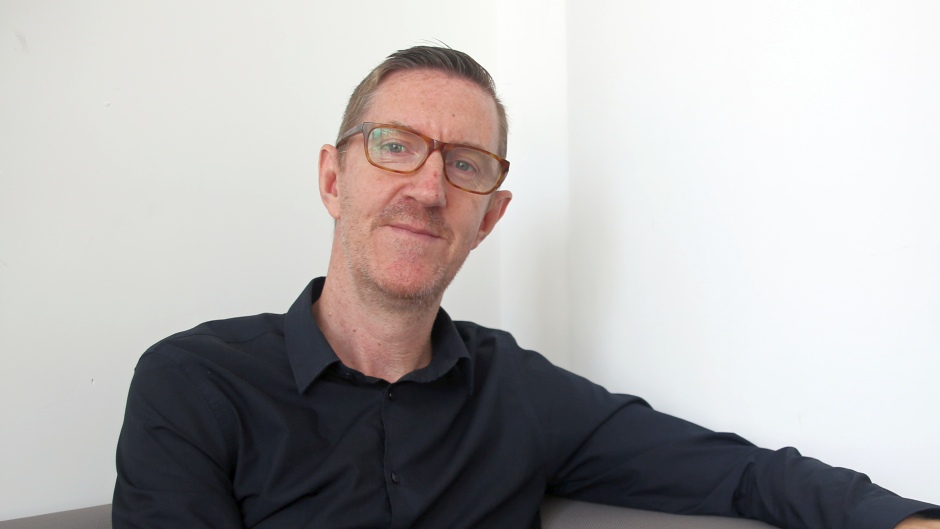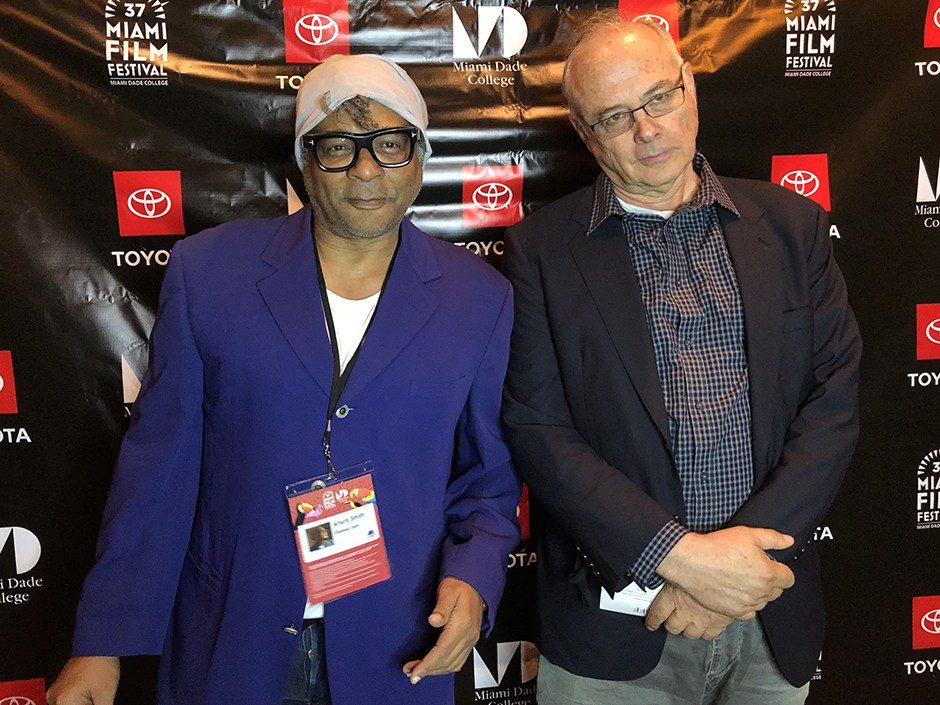31 May 2020
Professor Adam McIlwaine, Dean of Xi’an Jiaotong-Liverpool University’s School of Film and TV Arts (SoFTA), highlighted the importance of ideas and content development in a recent webinar aimed at international students. During the webinar, Professor McIlwaine highlighted the need for the use of creativity and imagination as well as the need for trust when students are creating ideas and collaborating.

The Idea is King
SoFTA encourages creativity in all aspects of the student’s journey within the three undergraduate degree programmes, which are Filmmaking, Film and Television Production and Digital Media Arts.
The first few lectures students will attend in are about content creation, such as an Introduction to Storytelling. Students will consider questions like: How do you come up with new ideas? Where do the new ideas come from? How do you develop and share ideas? This process allows students to develop their own ideas.
“This is where the programme and the School becomes quite different from other programmes or schools. You do not simply create an idea for a module or to finish an assessment.”
“We will be able to bring different people from within and from outside the School to have a look at your ideas, to review them, to refine them, to work with you and to mentor you.”
Students have the opportunity to create an idea that can follow them all the way through their programme. That idea may eventually become a Year Four students’ graduation project or it may be the idea that someone from industry, whether a company, a film studio or a TV studio, decides to develop further.
Creativity and the Process
According to Professor McIlwaine, creative content development must go through a step-by-step process. From an idea to the plan, from production to the final product, and last, but not least, the distribution. This is influenced by a number of factors and a development plan must be flexible and go through multiple stages.
“The development plan for your ideas, your projects, your core skills, your skill set, what we would call the pre-production element, is very important. It's got to be flexible, since the creative industries change rapidly. We have therefore designed the School to be able to move and change with those external shifts.”
During SoFTA students’ final year, they will work on their showcase projects and also produce a distribution plan that will allow their work to be seen and experienced.
“If you make a film, we want the film to go to international festivals and to be recognized. If it's a television program, we want the audience to consume it through streaming channels. And if it’s digital media arts project, we want people to visit the installation or exhibition.” Professor McIlwaine said.
Students will also need to think about how they might distribute “themselves”, what company they would like to work for, or what graduate school they would like to attend for further studies, he noted.
From the Page to the Screen
According to Professor McIlwaine, the School fosters a “critical friend” approach to the creation process, through collaboration, sharing and cooperation. He explained that a “critical friend” always tells you the truth when something is good or bad and tells you why.
“We're trying again to open up your creativity, open up your imagination, but also make it realistic.”
The School’s structure allows students to work together. Core skills such as camera work, lighting, post production, and storytelling will be shared across the three programmes, which gives students the opportunity to collaborate with fellow students who may branch off into another area. During their final year, students also have the opportunity to bring colleagues from different programmes into one project.
“For example, if you are creating a project in the Film and Television Production or Filmmaking programmes, someone from the Digital Media Arts programme who is a great visual effects artist can come on board. The School’s structure allows that to happen, which is very important if it is to replicate what happens in industry,” Professor McIlwaine said.
“And hopefully when students near the end of their journey, they will begin to collaborate again.”
He also mentioned that in this field, to reach your potential you need to stand on the shoulders of giants and recognize the potential of everyone you work with.
“Collaboration means trust and respect. And you cannot make a top-class project without collaborating with other people. In order to collaborate properly, you have to trust,” Professor McIlwaine said.
“Part of the School’s programme is to give students skills so that they can collaborate in a creative process.” Professor McIlwaine said.
The School of Film and TV Arts
In the School of Film and TV Arts, there's real potential for students to understand how to develop content and their work from a Chinese perspective as well as an international perspective, Professor McIlwaine said. SoFTA has staff from Argentina, Italy, UK, Brazil and China. Students developing their skills in a global environment can be helpful to their careers, he said.
Students who enter the School with an idea on paper could see that idea in a cinema by the time they reach the end of their programme. In SoFTA’s new facility, which was developed over a period of three years, is a one-stop shop with everything a student needs to be creative, including a cinema and an exhibition location for installations.
“However, no matter what that building is like, no matter what the equipment is like, the core of what you need and the core of what we will explore as we walk through the programme are the ideas in content,” Professor McIlwaine said.
“Strong industry practices, critical thinking, creativity; for us are the core skills you need at the highest level alongside new content ideas and development. These are massively important. That's the School of Film and Television Arts – identifying and working with new talent and new ideas.”
By Wenzhen Li, edited by Tamara Kaup
31 May 2020
RELATED NEWS

Early connections influence film careers, says educator
The ability to connect with other people is a key skill for a filmmaker, says Arturo Smith of Xi’an Jiaotong-Liverpool University’s School of Film and TV Art...
Learn more








